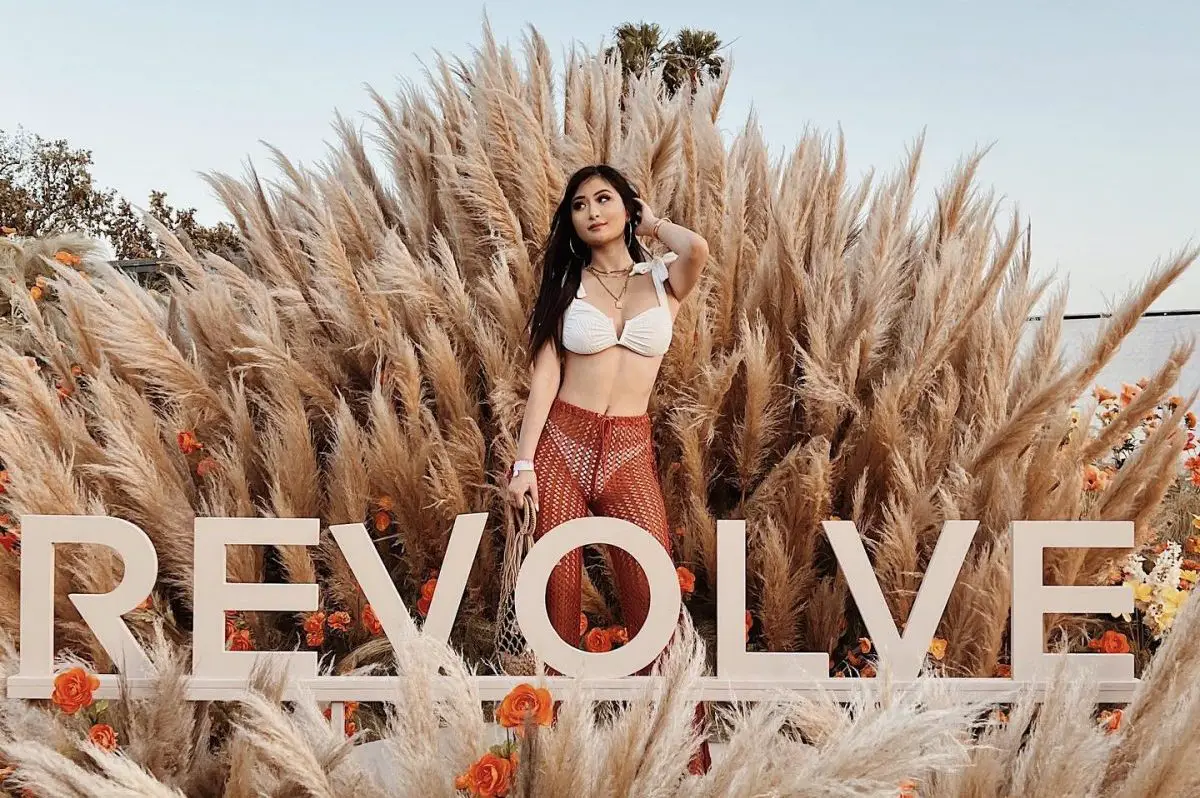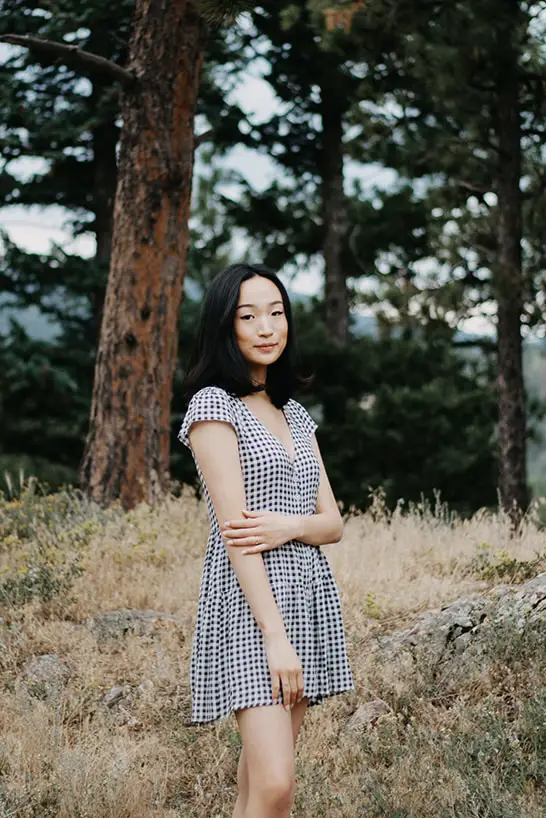Coachella turns 23 this year, and the music festival has evolved significantly from what it first was. One of the most widely covered events on social media today, the first Coachella was so unpopular that pictures from the event are few and far between. In its first year, the festival struggled to sell tickets and was nearly canceled. Coachella learned how to bounce back, though, and now every April, tickets to both Coachella weekends sell out within hours.
Part of Coachella’s success is no doubt due to social media, and it’s hard to underestimate the influence of social media and camera phones. Not only is Coachella a music festival, but it’s also now a place for people, brands and influencers to be seen. Once a niche and affordable place for concert-goers, Coachella is now widely and loudly broadcast to the world by way of live streams, Instagram, Twitter and, more recently, TikTok. The festival site has included interactive activities, as well as installations for photos, special art exhibits, food trucks, and even a Ferris wheel. In 2018, the first weekend of the festival was reported to have a total media impact value of over $116 million and was the subject of 460,000 posts on social media. Coachella became the highest-grossing recurring festival of all time in 2017, bringing in $113 million that year.
Lifestyle and clothing brands have infiltrated the festival, setting up booths and pop-ups, as well as scouting and sending influencers to the festival in return for “content” for the brand. One of the major players is Revolve, an e-commerce clothing company. Geared mostly toward women, Revolve carries clothing from over 1,000 brands, including contemporary brands like LoveShackFancy and For Love and Lemons, as well as more familiar high-end brands like Zimmermann.
It’s not just any online boutique though; in fact, Fortune wrote about Revolve’s meteoric success all the way back in 2015. In an article fittingly titled, “How Revolve Became the Biggest, Trendiest, Most Profitable E-commerce Startup You’ve Never Heard Of,” Erin Griffith detailed just how Revolve’s two founders, Michael Mente and Mike Karanikola, made a company worth over $1 billion. In fact, when Revolve went public in June 2019, it raised $212 million in an IPO that reportedly valued the company at over $1.23 billion.
Nowadays, Revolve is best known for its persistent marketing that makes heavy use of influencers, which peaks during the Coachella season. Since 2015, Revolve has held its annual #RevolveFest, which is an influencer event just outside the festival grounds. At this year’s Revolve Fest, festival-goers sipped on drinks sponsored and made with Kendall Jenner’s tequila brand, 818, while eating food from luxury grocery store Erewhon, watching performers like Post Malone and Jack Harlow and picking through “gifting suites.” Celebrities were in tow along with Instagrammers and TikTokers, most notably some members of the Kardashian-Jenner clan, Leonardo DiCaprio and Timothée Chalamet.
Revolve Fest didn’t go so well for everyone, though. Drawing comparisons to the disastrous and infamous Fyre Festival of 2017, Revolve Fest had influencers waiting for hours in the desert sun without water and “pushing and shoving” in line with many people close to fainting. Coachella 2022 is certainly off to a rough start, though. As Hannah Smothers put it in a Cosmopolitan article, “Some of the viral hits from last weekend include Remi Bader crying on the pedicab [after not making it to Revolve Fest], Tahnee Cook’s stolen phone, a pink-haired influencer in a parking lot changing into an oversized liquor store T-shirt after not making it into Revolve Fest, and hours-long merch lines.” One of the security guards said, ‘I don’t know who the F these people are. I don’t know who is actually important and who is lying, or if any of them are important.‘”
While influencers once chose to display only picturesque versions of their lives online, people have found a platform that celebrates real authenticity. And, although I’m sure everyone is tired of hearing about the societal effect of TikTok, that authenticity comes (in part) from the app. Unlike highly curated Instagram, TikTok captures real life, in a broader and longer form. It is on TikTok where much of the discourse around the failure of Revolve Fest and Coachella has taken place. While Coachella is perhaps too broad for anyone to lay any specific blame, social media has focused on the microcosm of Revolve Fest.
Revolve certainly owes influencers something. With an influencer program made up of 3,500 influencers, Revolve derives 70% of sales from their presence and their audience. Revolve, unlike other brands, doesn’t see its highest profit during the holiday quarter: Rather, its largest earnings are during the festival season. The content that Revolve demanded from its attendees wasn’t a small amount, either. TikTok creator Anna Heid posted that she was invited as long as she posted six Instagram posts, six Instagram stories, three Instagram Reels, three TikTok videos and one YouTube video about the event.
Influencer Kylie Larsen noted in a TikTok that the brand offered her an event wristband and free clothes worth $2,000 for work that would have been worth $30,000. Influencers were also questioning just how and who Revolve was choosing to invite. Overcrowding seemed to be a problem, and was compounded when it was revealed that “Revolve customers and creators with smaller platforms were also invited to buy their tickets to the festival by spending at least $2,000 on the brand’s website.” In a statement to E! News, a Revolve representative said the company was “sincerely” sorry for leaving influencers in limbo during the Coachella festival.
Although Coachella and Revolve Fest are seemingly frivolous at best, there’s no doubt that the influencer economy is real. But how far should it go? Many on social media may find it hard to empathize with complaints about a luxury festival put on by one of the largest clothing brands in the world — and although Revolve Fest may be quickly forgotten, there is something compelling about the fact that influencers drive such a massive brand.
















